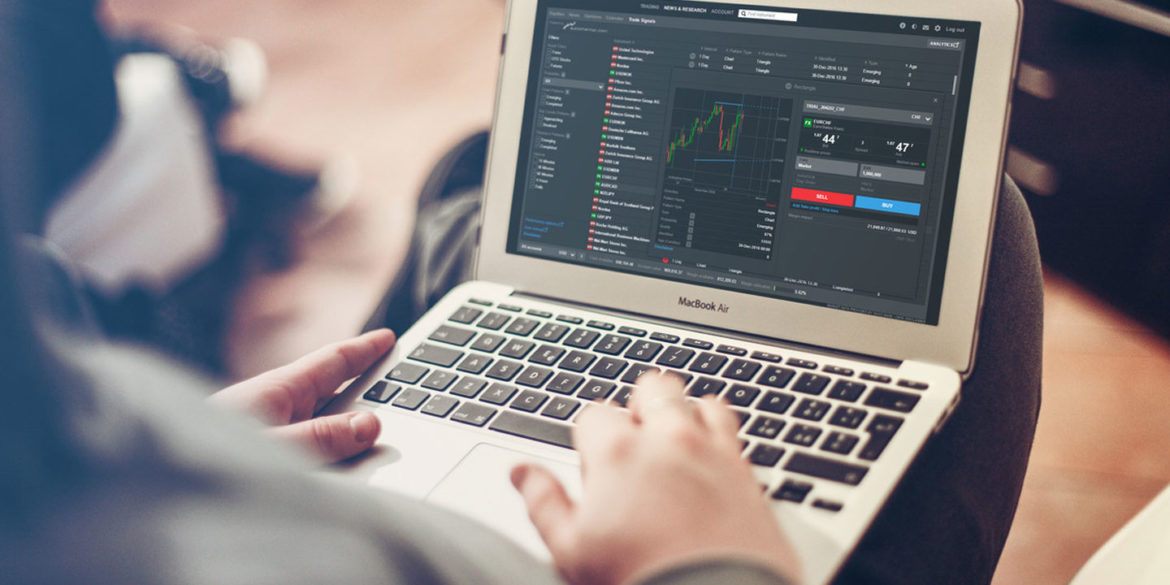One small trivia before starting our discussion is that futures generally originated by farmers whose wish was to alleviate their problem of unknown future rates for their products to be sold. An individual whose passion is into trading CFDs should know the nature and definition of futures as both futures and CFDs have certain connections when it comes to trading financial instruments.
Futures Defined
Futures are financial instruments that involve a contract which requires a buyer who acts as the client of the trader who is selling the said asset or instrument. This agreement involves determining the exact future date where the asset is going to be handed over to the buyer unless the trader’s position gets closed prior to the agreed deadline.
5 Notes to Remember When Trading Crude Oil Futures
Similar to CFDs, Futures also come in many forms but today’s discussion is geared to the appreciation of trading crude oil futures in the market. Here are some notes to remember when trDing crude oil futures.
1.The unleaded gas and heating oil market rates can affect the rate of crude oil in the market.
- Expect for a price hike of crude oil in the market during summer time because of a driving boost.
- In the same manner as the previous number, oil prices also hiked up during winter time because of the needed fuel for heating systems.
- News events that happen within the day can bring fluctuating rates in oil prices.
- When trading futures crude oil, always remember to familiarize yourself with the types of petrochemicals.
CFDs Defined
A CFD is a financial instrument that falls under derivatives. This merchandise gives the trader a privilege to speculate on the fluctuation or behavior of an asset in the market. Going back to its history, CFDs were made in London during the early 90s .The advocates of this instrument came from two investment bankers of UBS Warburg. In essence, a CFD is actually a contract between the buyer and the seller. This contract states that the seller is expected to pay the buyer the difference between the current value of a market, and the value when the contract ends.
Explaining the Basics of Trading Crude Oil CFDs
To start trading CFDs that are focused on crude oil, the first thing that you have to do is to look for a suitable CFD broker who can guide you to your chosen trading instrument and platform. Next, download and install the necessary apps for trading. After installing the needed apps, you can start trading but you of course have to make sure that you have enough money in your account. When trading, it is important to make sure that you have a well planned risk management strategy to lessen the impact of risks on your account. Never forget the fact that CFDs are considered highly rewarding yet risky instruments. Thus, you are reminded to trade at your own risk.
Conclusion:
Both Futures and CFDs are instruments that can be used to deal with crude oil in the market. For someone who is really enticed to handle crude oil trading accounts, learning about them will give you the advantage of enhancing your trading portfolio.


